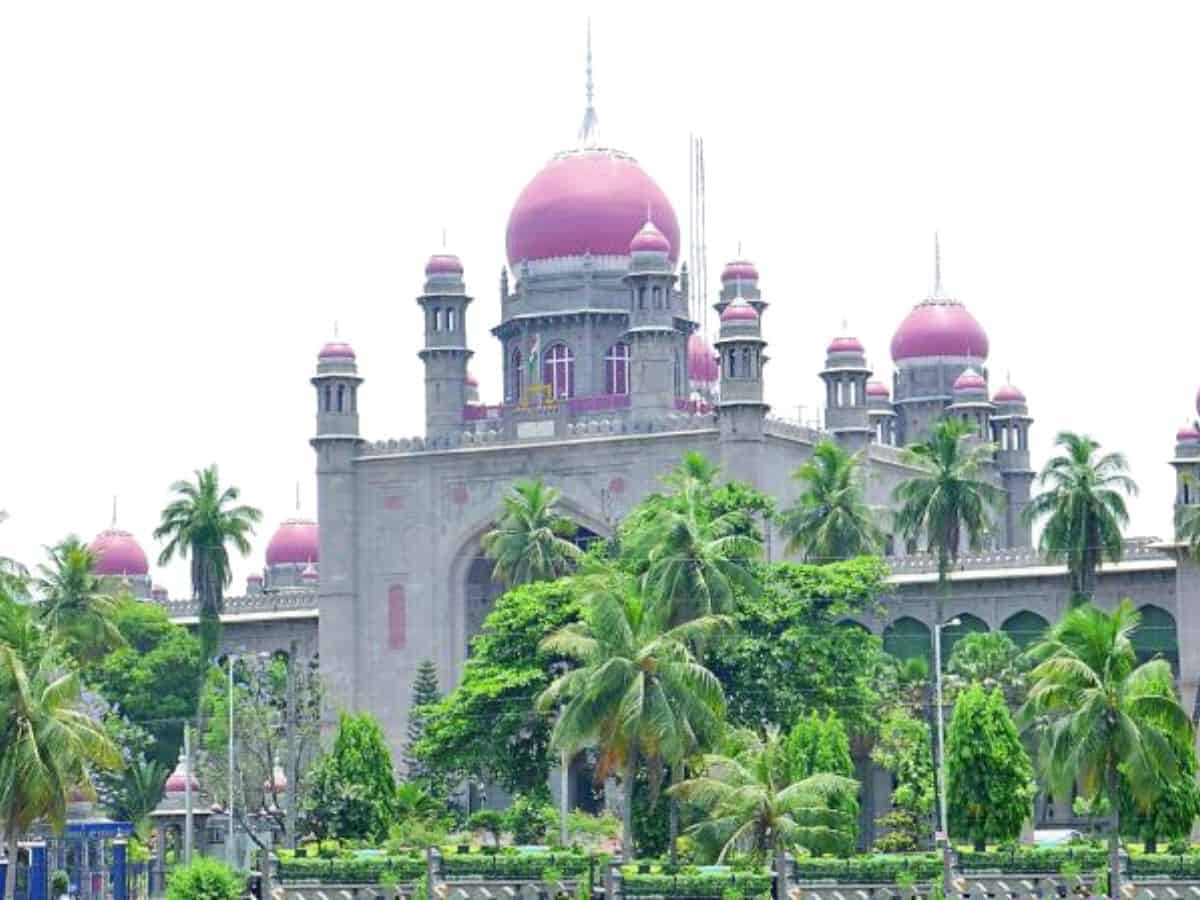
Hyderabad: The Telangana High Court provided significant relief to the state government by temporarily suspending a recent directive from the National Load Dispatch Centre (NLDC) that barred the Telangana Southern Power Distribution Company Ltd (TGSPDCL) from engaging in power trading.
This central authority had demanded an immediate payment of Rs 261 crore in relinquishment charges from the state.
The court’s stay prevents TGSPDCL from being listed as a defaulter by the central grid, which would have hindered its ability to procure power from the central pool starting September 13, potentially leading to serious power supply issues in the state.
Although this is a temporary measure, it ensures that there will be no immediate disruptions in power supply.
While suspending the central power grid’s order, Justice CV Bhaskar Reddy issued notices to several entities, including the grid controller, Power Finance Corporation, Central Transmission Utility of India, Power Grid Corporation, Indian Energy Exchange, and the Union power ministry, requiring them to submit their responses by October 17.
Advocate General A Sudarshan Reddy, representing TGSPDCL, emphasized the urgency of the situation, arguing that the central grid authorities were acting hastily despite the ongoing adjudication of the ₹261 crore unilateral levy by the Central Electricity Regulatory Commission (CERC).
The judge concurred and requested the Centre’s deputy solicitor general, G Praveen Kumar, to clarify why the authorities could not wait for the CERC’s decision on the matter.
When the Centre’s counsel referenced a similar case in which the Delhi High Court mandated state discoms to pay 25% of the requested amount to receive any relief, Advocate General A Sudarshan Reddy opposed this, asserting that they were contesting the unilateral imposition of charges.
He explained that the state initially believed it required a long-term access (LTA) facility from the central grid for 2,000 MW but later adjusted its request to 1,000 MW, relinquishing the remaining 1,000 MW due to the failure of the power purchase agreement with Chhattisgarh.
Advocate General A Sudarshan Reddy argued that the central authorities were unfairly imposing relinquishment charges on Telangana and issuing banning orders without the state’s knowledge.
Justice Bhaskar Reddy agreed with the plea, stating that since the matter was already before the Central Electricity Regulatory Commission (CERC), the central grid authorities lacked the authority to take coercive action against Telangana.

